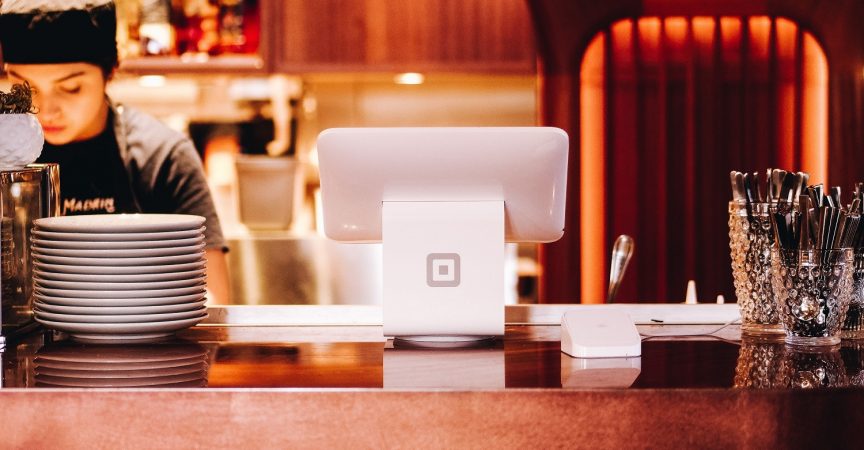Help Wanted: Hiring a multigenerational workforce during COVID-19 recovery
By Joe Baker and Kristin Straney
Centennial College, School of Hospitality, Tourism & Culinary Arts
If Canada’s foodservice labour shortage wasn’t challenging enough for operators before the COVID-19 pandemic, hiring in our “next” normal will add a whole new layer to our time-tested hiring practices. If you take one piece of advice from us, let it be this – stop waiting for a younger version of yourself to walk through the door; you will be waiting forever. If you want to thrive, you will need to be open to changing recruitment and hiring practices. Don’t worry. We will help.
The fact is that Canada now has 5 distinct generations in the workplace, more than any other time in history. This is a complexity never faced by our businesses before. But there is strength in diversity – if you learn how to harness it. While demography is certainly not an exact science, there are some generally agreed upon generational definitions. Here is a quick rundown:
- Traditionalists born before 1946
- Baby Boomers born between 1946 – 1964
- Gen X born between 1965 – 1976
- Millennials born between 1977 – 1997
- Gen Z born after 1997
So how do we even begin to employ strategies for bringing all of these generations together in perfect harmony?
Let’s focus on the last 2 generations – millennials and Gen Z. Why? Well, considering the foodservice industry is the number one employer of youth in Canada, and that coming out of this pandemic the labour pool will be flooded with youth, it warrants a much deeper dive.
According to the United Nations, of the 7.7 billion people on this planet, these two generations combine to make up a whopping 63.5 per cent of the global population.
In fact, at the end of 2019, Generation Z officially eclipsed the millennials as the world’s largest generation, encompassing 32 per cent of those 7.7 billion people. What an incredible opportunity this presents.

Not only are these two generations dominant in the workforce, but they are also the most influential consumers in the world. What does this mean for operators? If you can learn to engage these generations in the workplace, they can help you understand your millennial/Gen Z client base. And isn’t that what this business is all about – growing sustainable operations?
There are some really important differences between these generations that are worth understanding if you are to better engage your workforce. In a 2019 Ernst and Young study, these two generations were uniquely differentiated; while accuracy can be debated, millennials have had a reputation for being self-centered, entitled, idealistic, dependent, and creative whereas Generation Z has become known as self-aware, persistent, realistic, self-reliant and innovative.
This is a very important distinction because it impacts how we connect from a hiring and team-building perspective. Doug Norris, Chief Demographer at Environics, reports that “right now, [M]illennials are the dominant force in our culture, but that’s quickly changing. Gen Z is already the most ethnically diverse cohort in Canada and as new immigrants come to the Great White North it will become increasingly so.”
Lots to ponder here. Most importantly, we need to begin to understand the nuances in these dominant and youthful generations. After all, they are the future of your business one way or another.
But what does this all mean from a hiring perspective as we consider recovery?
There is a global movement happening where employers are moving away from education and experience being the benchmarks for applicant screening and embracing what we are referring to as the skills revolution.
As we work to rebuild our teams in the next normal, let’s take the opportunity to rethink our recruitment, screening, and hiring practices. Have you ever considered what skills and competencies your individual and collective team members need to make your businesses thrive?
As you are interviewing and bringing these folks into your operations, have you stopped to think about what skills they need to have walking in the door and what skills you could provide them through onboarding and training?
As an example, before the pandemic, health and safety may have been relatively important but not critical to your operations. But how important are these skills now? And could this mean you open up your talent pool to consider candidates from fields you wouldn’t typically recruit from? The foodservice industry has historically been a go-to reservoir for recruiters from all fields looking to hire from an exceptional workforce with transferrable skills; we need to consider what our go-to reservoir looks like – what other industries possess the skill sets we will need for success?
This is a time of change-making and of re-invention. Re-invention does not mean we need to discard everything we’ve always done. In fact, it means re-visiting where we started, finding the best in our original value propositions, and reflecting deeply on how we can emerge from this crisis better than ever. Strong businesses have the resilience to bounce back. Wise businesses have the courage to leap forward. Let’s leap together.










This is very beautifully explained article how people should be recruited.The story doesn’t ends in requirement, it just starts there. The best way in building a strong workplace environment where both employer and employee are benefited is taking out the best from that particular employee by giving them the opportunity to show case there leadership skills. Sometimes it is very hard for an employee to stay at a workplace where he or she just have to work like a robot and where 3 generations are working together can be sometimes so hard to coop up with. The employer should make sure that they all are working like a team.